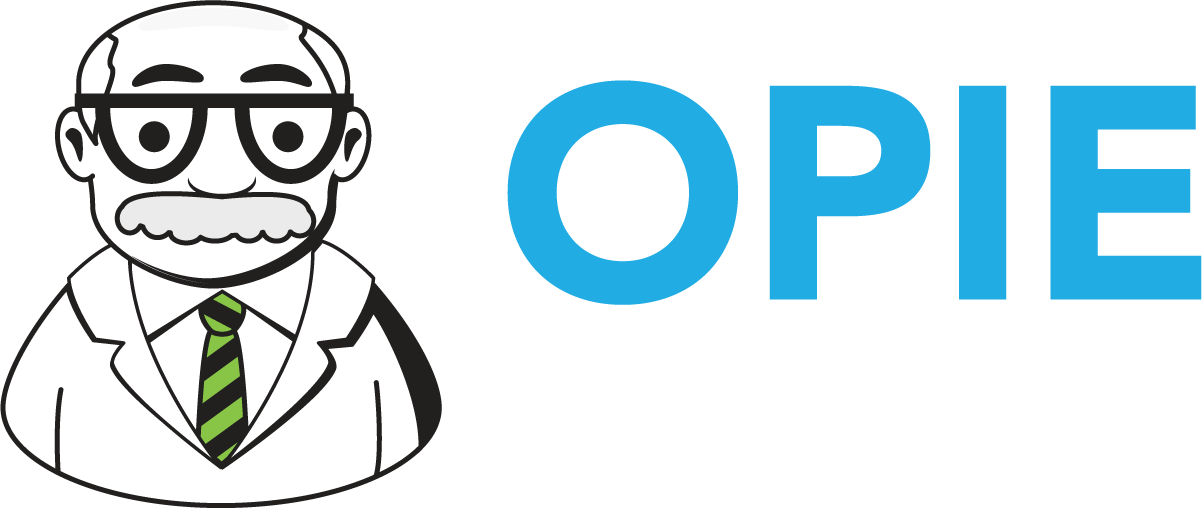Making Decisions
It’s ironic, this blog. Ideas come to me and I can write, but sometimes I suffer from writer’s block. A theme I can get connected to generally emerges and I can go to town. This week I was suffering, that is until we got take-out Chinese food last night! After dinner, we did the obligatory fortune cookie thing, and one “fortune” about decision-making stuck out. I don’t know who to give credit to, but here is the quote “Nothing is more difficult, and therefore more precious, than to be able to decide.”
I could not decide what to write about and then that little piece of paper smacked me right upside the face! There are so many decisions we all make every day. It’s tempting, especially when you've been doing something for a while, to rely on your instincts, your "gut feeling," or that swift professional judgment you’ve developed over years of practice. You know, like how you can instantly tell if a patient is limping due to muscle weakness or maybe something more complex, like a neurological issue.
But here's the kicker: while your seasoned intuition is valuable, it shouldn't be the only tool in your toolbox when making operational decisions, whether they concern patient care, administrative tasks, or business strategies. Why? Because data is your friend—no, scratch that—data is your best friend. In a landscape that is continuously shifting due to regulatory changes, technology updates, and new patient expectations, it’s more crucial than ever to have concrete data to inform your decisions.
Let's first look at the clinical side of things. Suppose you have a clinician who swears by a particular treatment technique (maybe it’s you?). They think it's helping patients recover faster. Fantastic! But thoughts and feelings should not be sufficient to shift your entire practice toward that technique. You need to look at recovery metrics, patient feedback, and comparative outcomes. Are patients indeed recovering faster statistically? Are they more satisfied? Are there fewer complications? This kind of data analysis enables you to make an informed decision, backed up by hard evidence, about whether to adopt that technique across your practice. All of that data should be available in your clinical notes.
The same goes for the administrative side. Sure, you may feel that the front office is more efficient than ever, but your feeling doesn't show you the complete picture. You need metrics like average times from intake to billing, patient throughputs, and revenue cycle management statistics. Are there frequent bottlenecks? Is the billing process a black hole of inefficiency? You won’t know unless you look.
And let's not forget about business decisions! With increasing competition, you need to look beyond your immediate impression of how things are going. Let’s say you think your practice is growing because you’ve been busy. But is it the kind of growth that's sustainable or even profitable? Take, for example, new prescriptions. Tracking the volume, the trends, and other specifics can reveal whether you’re actually growing or just busier.
Are the new prescriptions mainly for existing patients or new patients? This data point alone can tell you a lot about your outreach efforts. Are you getting more prosthetic vs. orthotic cases? If prosthetic cases are rising and that’s an area of higher profitability or expertise for your clinic, you might want to lean into that with targeted marketing efforts. Essentially, data provides you the backdrop against which you can validate your intuitions and strategically maneuver your practice.
So, while Malcolm Gladwell’s “Blink” resonates with many of us, and yes, experts do often "think without thinking," it’s essential to remember that even their snap decisions are backed by a wealth of contextual knowledge. In the evolving world of allied healthcare, supplementing that experiential knowledge with data-driven insights is not just the smart thing to do; it's the essential thing to do.
After all, data doesn’t lie. It can confirm your instincts or save you from a costly mistake. Either way, it provides the objective ground on which you can stand firmly when taking your next operational leap. To learn more about the OPIE Business intelligence and help inform your decisions, please reach out to your Customer Success Manager!

